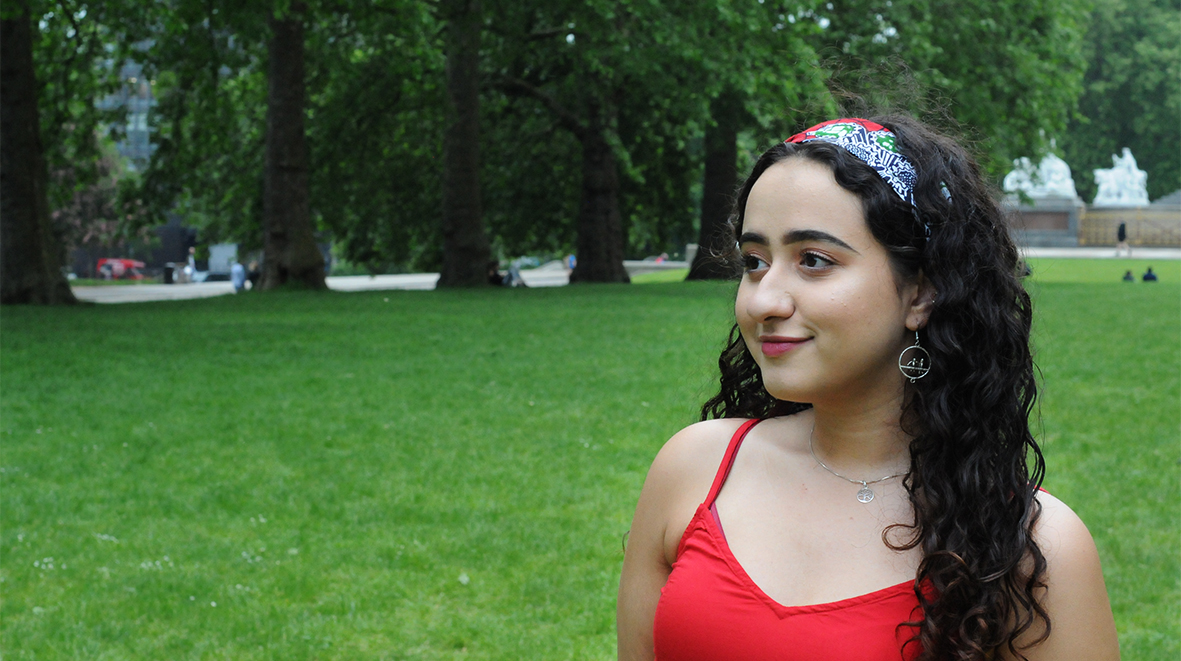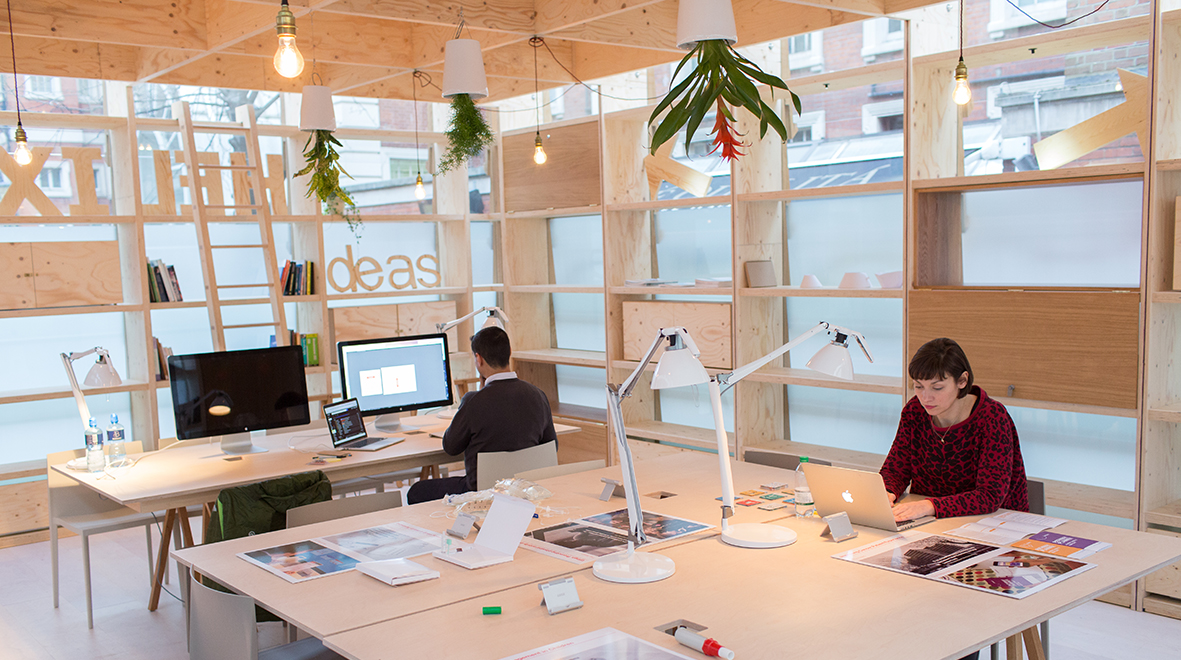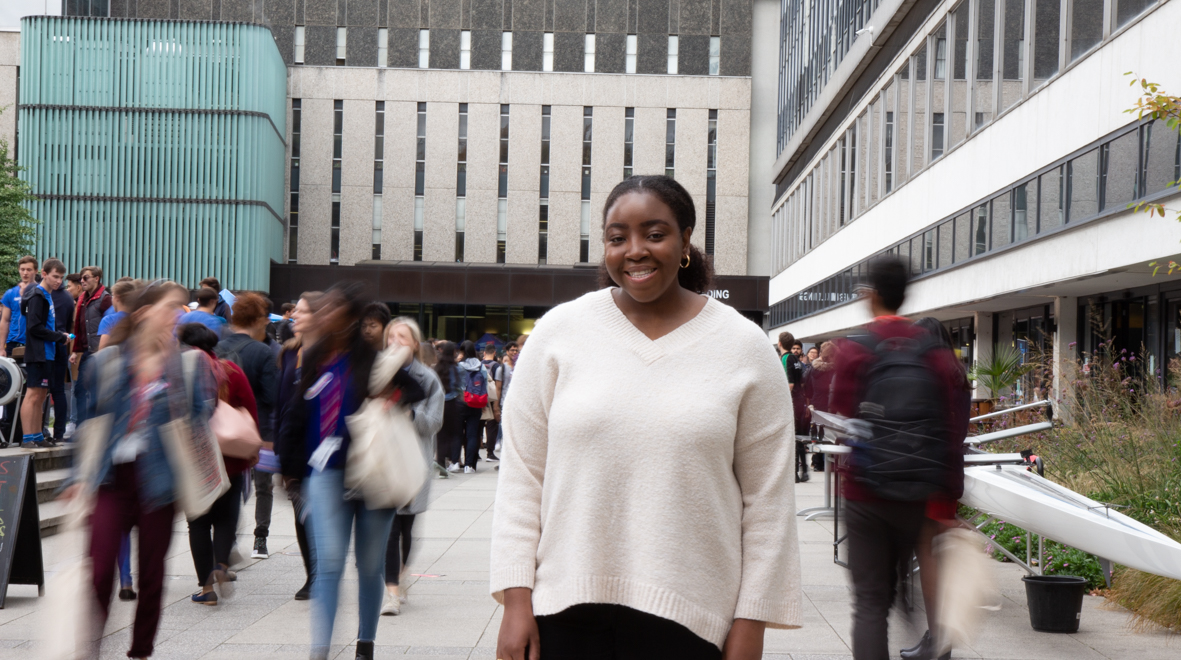
In celebration of Black History Month, medical student Yasmin Adelekan-Kamara shares her story on how she pursued her passion for medicine.
I still vividly remember the moment I decided to apply to medical school. It was not a decision that was easy for me, and this worried me having seen how natural it was for some of my peers to pursue medicine. Despite my genuine interest and passion there was always a doubt in my mind that I could never be the ‘ideal’ medical student I thought a university like Imperial wanted.
Rethinking medical school
Whilst I loved medicine, I also had a love for other vocations; journalism and architecture especially. This caused a great internal conflict for me. I believed to be the ‘ideal’ medical student, you had to initially be solely devoted to and have an unwavering commitment to medicine. Did the fact that I was questioning my decision mean I was not dedicated enough? (more…)

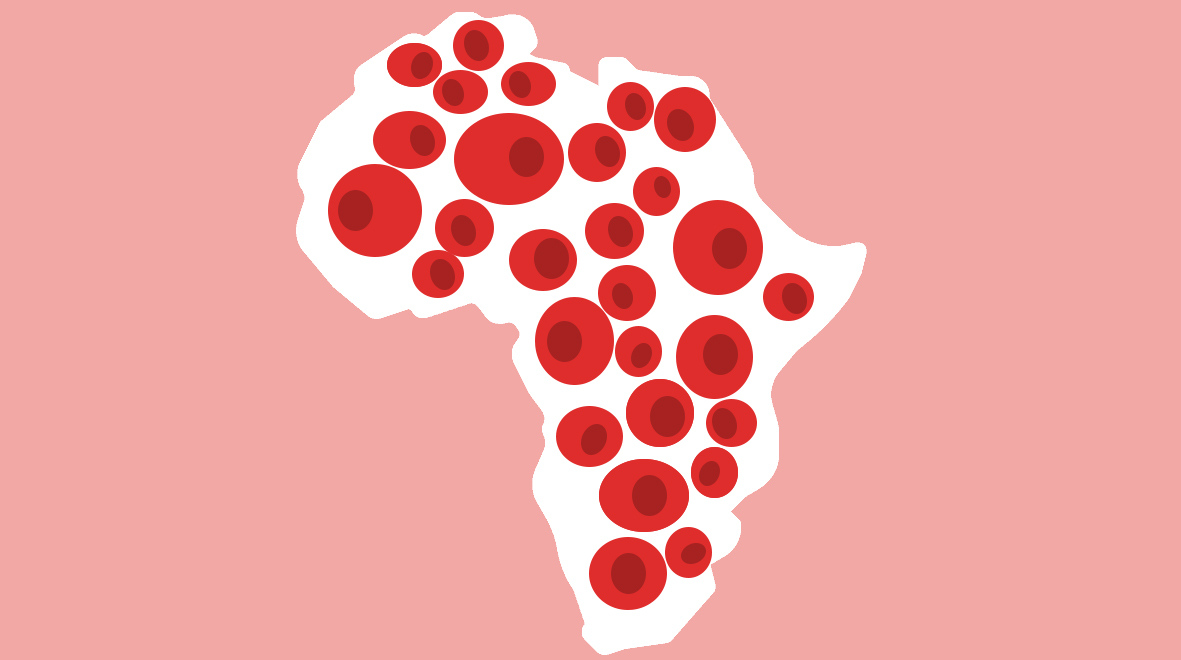
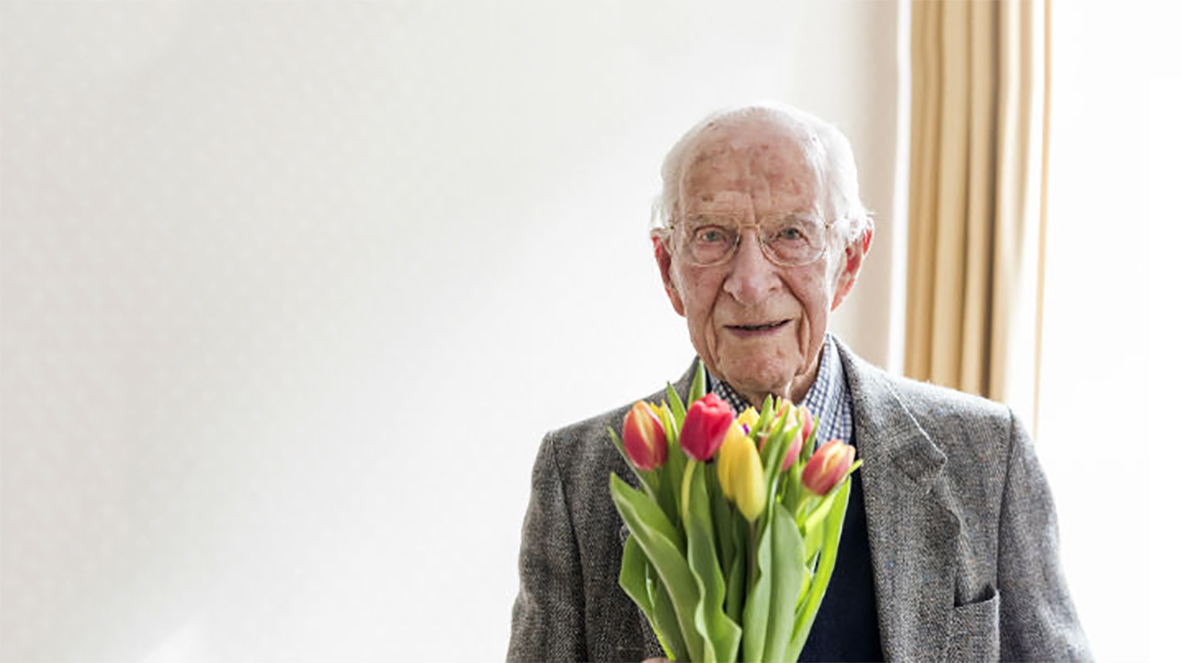
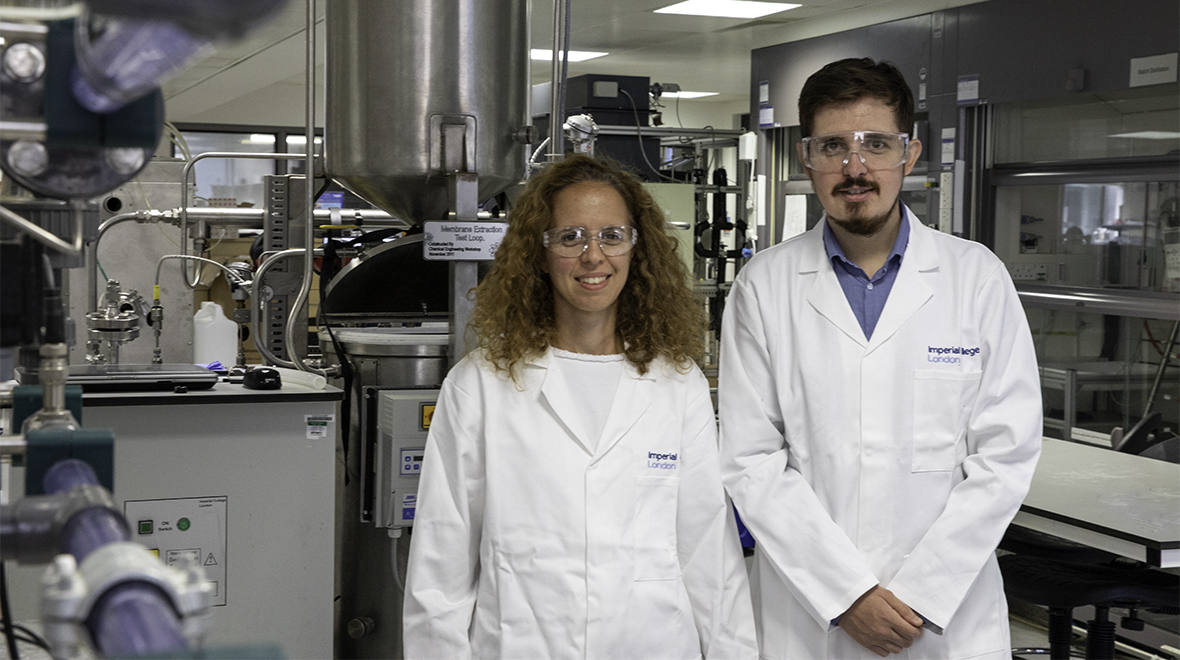
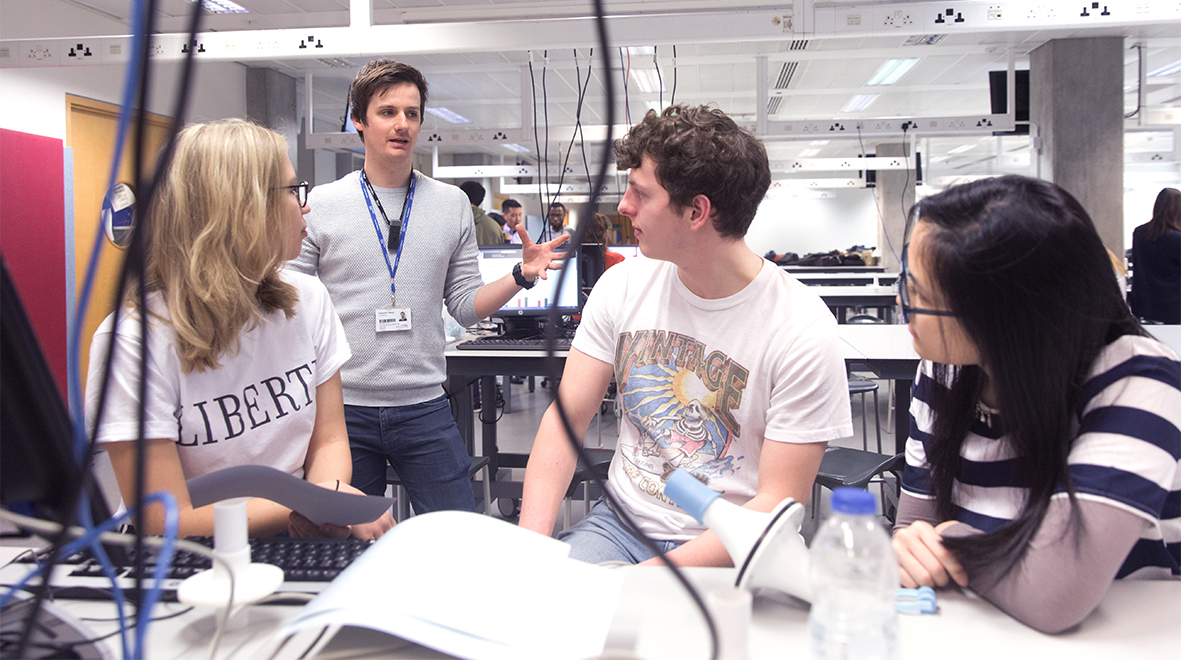 Dr James Moss debunks some of the myths around medical school interviews and shares his personal perspective as a member of the interviewing panel for Imperial College School of Medicine.
Dr James Moss debunks some of the myths around medical school interviews and shares his personal perspective as a member of the interviewing panel for Imperial College School of Medicine.

